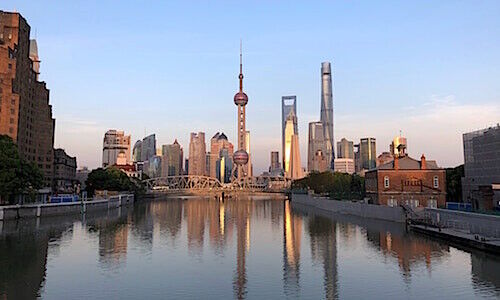Another Chinese Financial Hub Tests Zero-Covid Lockdown
Hong Kong also attempted to roll out similar zero-Covid policies in 2022 – lockdowns and mass testing while continuing key operations – which resulted in an unfavorable outcome.
While financial institutions played their part through various efforts such as the adoption of remote working conditions and accelerated digital transformation, they also saw losses, most notably in the form of talent outflow to Singapore.
Ultimately, the city paused its plans for lockdowns and mass testing while announcing the easing of some Covid restrictions after leader Carrie Lam publicly admitted that she had «a very strong feeling that people’s tolerance is fading», adding that «some of our financial institutions are losing patience about this isolated status of Hong Kong».
During this period, Hong Kong also began breaking population outflow records with more than 71,000 net departures in February and 50,000 in the first half of March alone.
Shanghai Advantage
A Shanghai lockdown, even done in two phases, is an operation with a much larger scale compared to Hong Kong as the coastal mainland city has more than triple its population and six times more land mass.
But the city will not face issues such as resource constraints – Hong Kong has imported more than 1,000 mainland workers to join its Covid team – and its workers are accustomed to tougher conditions, evidenced by practices such as the «9-9-6 system» that is especially common in the tech sector.
Its population is also more likely to smoothly adopt the policies of a less unpopular government compared to Hong Kong with the Lam administration’s approval rating at 26.6, according to a survey earlier this month by The Hong Kong Public Opinion Research Institute.
The Unavoidable
Nonetheless, there are areas where the city is likely to face shared experiences such as the emptying of supermarket shelves by panicking hoarders.
Perhaps the most important characteristic that the two cities share is their importance as international hubs with Shanghai playing a major role in attracting foreign firms in the strategic opening of China's $45 trillion financial sector. This makes the international community’s response to the zero-Covid measures a critical matter and China is already facing pressure, especially due to Western nations’ ongoing transition to live with the virus.
«While the majority of G20 countries are exiting pandemic-related lockdowns, China appears to be stuck with its old toolbox of zero tolerance and draconian measures to fight Covid,» said Jorg Wuttke, president of the European Union Chamber of Commerce in China (EUCCC). «We fear that we may be about to witness the beginning of an Omicron crisis across China.»
- << Back
- Page 2 of 2























